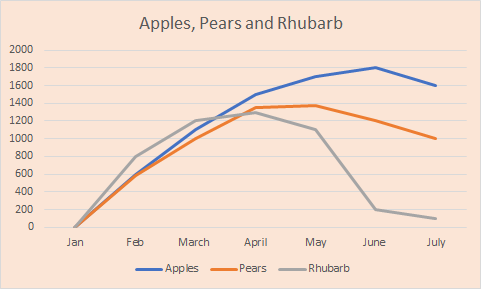
The study of the growth of knowledge started in about 500BC in the Golden Age of Athens. The picture is a detail from Raphael's fresco in the Vatican. It shows Plato pointing to heaven as the source of wisdom whilst Aristotle makes the point that wisdom has to be acquired/1 

Aristotle supported by Euclid, developed methodology that was the birth of scientific enquiry. It included syllogisms and "proofs" this may have had worked for algebra but failed to add to the sum of knowledge in cosmology or biology./2
In the dark ages the power of the Church decreed that all knowledge was given in the holy scriptures. Galileo like other scientists at the time. was at risk of death at the hands of the inquisition, his conjecture that the universe was heliocentric was considered heresy. /3 

The "Age of enlightenment" saw the rebirth of science.
This painting in the National Gallery illustrates an experiment with an air pump by Joseph Wright of Derby. Note the "mad scientist" at the apex of the pyramid and the cockatoo replacing the dove of the holy spirit./4
This painting in the National Gallery illustrates an experiment with an air pump by Joseph Wright of Derby. Note the "mad scientist" at the apex of the pyramid and the cockatoo replacing the dove of the holy spirit./4

The flaw in science at this time was that all the experiments were designed to prove an hypothesis (induction) as argued by the great Scottish philosopher (David Hume 1711-1776) /5 

I would now jump forward to the mid 20th C and the teachings of Karl Popper (Prof of the History & Philosophy at LSE). His classic the "Logic of scientific discovery", turned science on its head by claiming that discovery was dependent on falsification not corroboration. /6
I was captivated by this idea and took the practical step of establishing a clinical trials centre at Kings College. Here is a slide I used when justifying RCTs in the 1980s./7 

To my surprise and delight I got a letter from Sir Karl Popper asking me to visit to discuss how his philosophy could be the justification for RCTs. Below is an extract from that letter where he mentions my paper "Limitation on non-science in the epistemology of surgery"/8 

He died two years after this meeting and in 2007, I had the honour of delivering the Karl Popper memorial lecture at LSE. His autobiography was entitled "Never ending Quest". The paths of scientific philosophy did not end with Popper but I will allow him the last word./10
• • •
Missing some Tweet in this thread? You can try to
force a refresh






